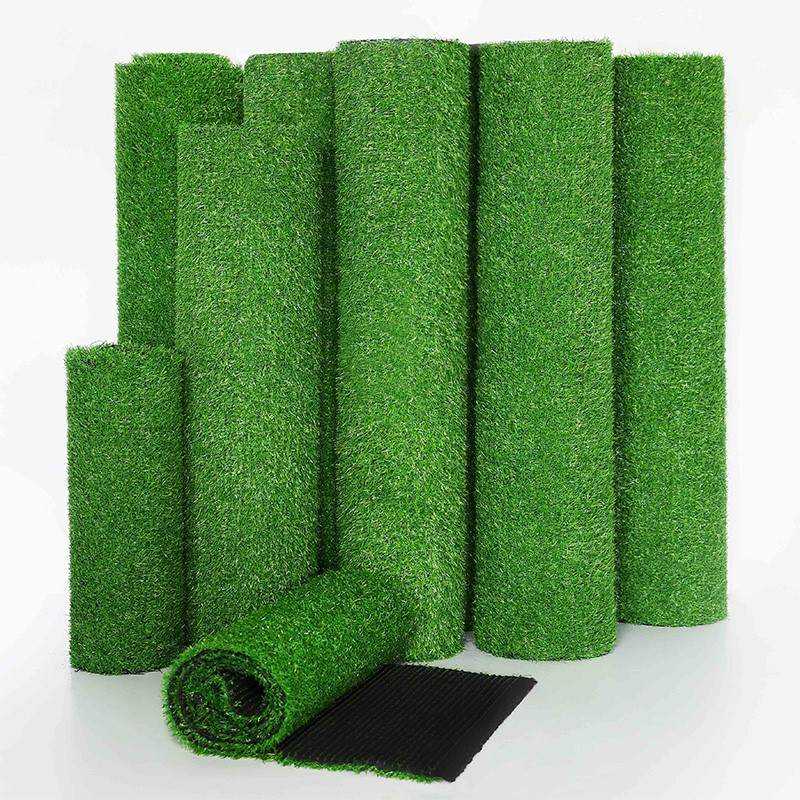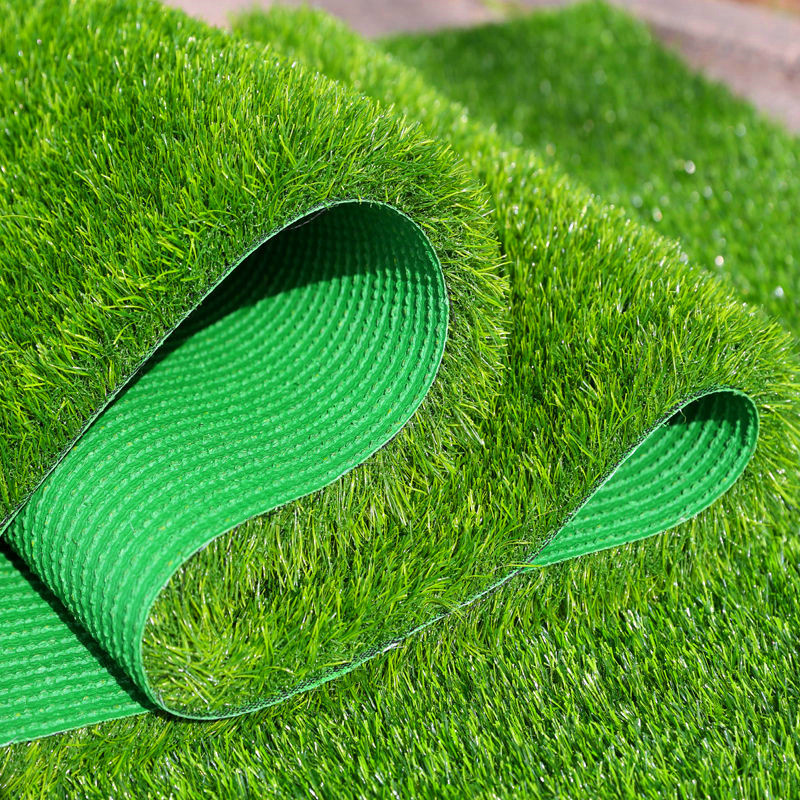
Is Artificial Grass Worth It?
Artificial grass can be worth it for individuals who value a low-maintenance and consistently green lawn, want to reduce water usage, or have specific needs like a durable play area or sports field. It can also be a good investment for those who are willing to pay the upfront cost for long-term convenience and savings on water bills.
However, it may not be worth it for those who prioritize the natural look and feel of real grass or have concerns about the initial expense and environmental impact. Ultimately, the decision should align with your personal preferences, lifestyle, and landscaping goals. Consulting with professionals and considering the specific conditions of your property can help you determine whether artificial grass is the right choice for you.
Artificial grass can be worth it depending on your specific needs and circumstances. Here are some factors to consider:
1. Maintenance: Artificial grass requires less maintenance compared to natural grass. It does not need to be mowed, watered, or fertilized regularly. This can save you time and money in the long run.
2. Durability: Artificial grass is designed to withstand heavy use and foot traffic. It is resistant to wear and tear, making it a suitable option for high-traffic areas or areas where natural grass may struggle to grow.
3. Aesthetics: Artificial grass can provide a green and lush appearance all year round, regardless of weather conditions. It can enhance the overall look of your outdoor space and create a visually appealing landscape.
4. Cost: While the initial cost of installing artificial grass can be higher than natural grass, the long-term cost savings in terms of maintenance, water usage, and lawn care products may outweigh the initial investment.
5. Usage: Artificial grass is a popular choice for sports fields, playgrounds, and commercial landscapes. If you have specific needs such as creating a safe play area for children or maintaining a sports field, artificial grass can be a practical option.
6. Environmental impact: While artificial grass does not require water or pesticides, it is made from synthetic materials that can have environmental implications. It is important to consider the sustainability and eco-friendliness of the artificial grass you choose.
Advantages of Artificial Grass:
- Low Maintenance: Artificial grass requires minimal maintenance compared to natural grass. You don’t need to mow, water, or fertilize it regularly. This can save you time, effort, and ongoing expenses.
- Consistent Appearance: Artificial grass stays green and lush year-round, regardless of weather conditions. It doesn’t develop brown spots, bare patches, or weeds, providing a consistently attractive lawn.
- Water Savings: Since artificial grass doesn’t require regular watering, it can significantly reduce your water bills and help conserve water resources, which is especially important in drought-prone areas.
- Durability: High-quality artificial grass is designed to withstand heavy foot traffic, making it suitable for high-traffic areas and activities like sports and play.
- Allergy-Friendly: Artificial grass doesn’t produce pollen, making it an excellent option for individuals with grass allergies.
- Clean and Mud-Free: It eliminates mud and dirt, so you can enjoy a cleaner and mud-free outdoor space, which can be especially beneficial for homes with pets and children.
- Longevity: Well-maintained artificial grass can last for many years, providing a long-term solution for your landscaping needs.
Considerations for Artificial Grass:
- Upfront Cost: The initial cost of purchasing and installing artificial grass can be relatively high, depending on the size of your lawn and the quality of the grass.
- Artificial Appearance: Some people prefer the natural look and feel of real grass, and artificial grass may not fully replicate the real thing.
- Heat Retention: Artificial grass can become hot in direct sunlight, potentially making it uncomfortable to walk on during hot days.
- Environmental Impact: While artificial grass conserves water, it is made from synthetic materials and has an environmental footprint, particularly during production and disposal.
- Maintenance: Although artificial grass is low-maintenance, it does require periodic cleaning and brushing to maintain its appearance.
Ultimately, the value of artificial grass depends on your individual preferences, budget, and intended use. It can be worth it for those seeking low-maintenance and visually appealing landscaping solutions.










